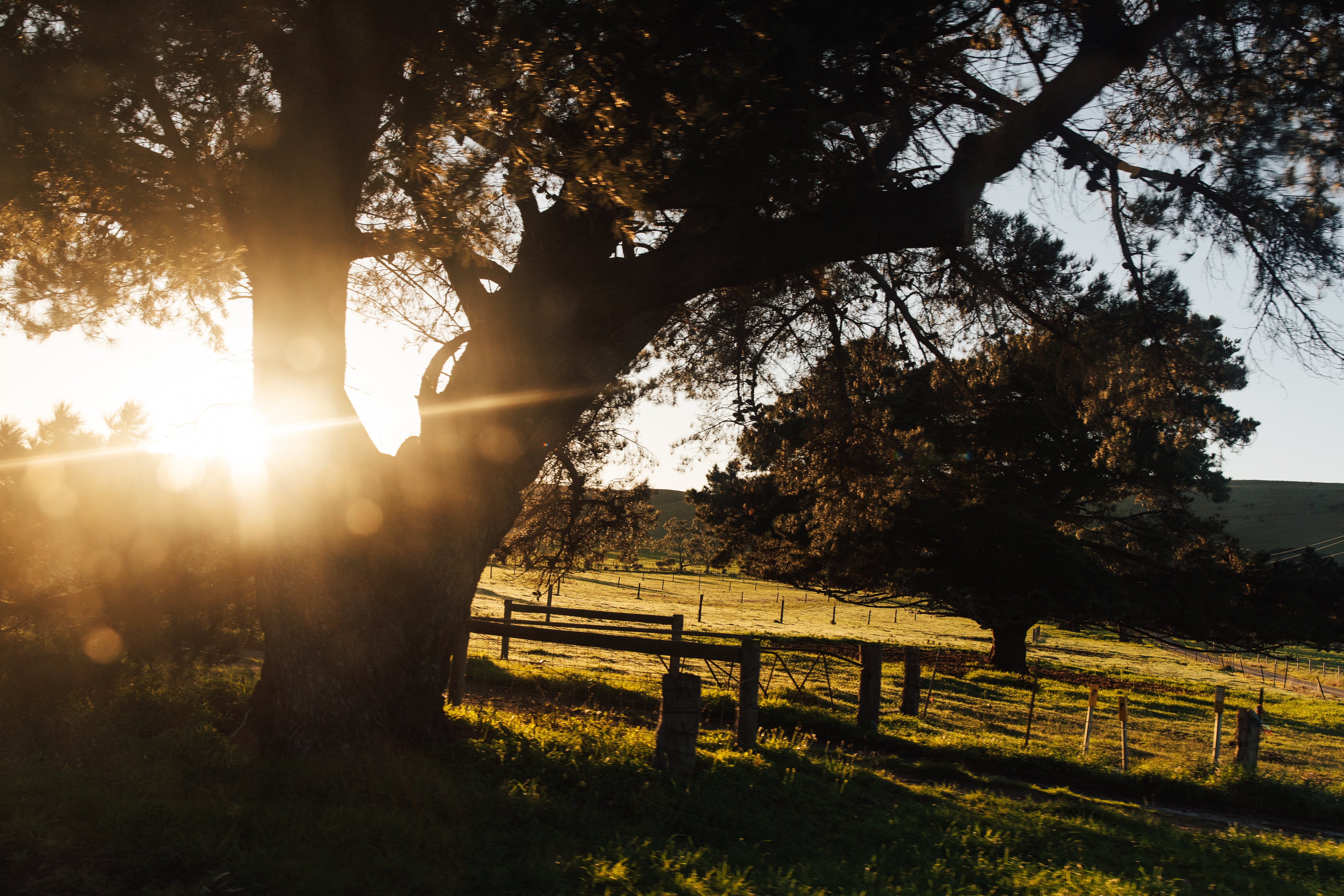
Fast-tracked legislation must also deliver for producers
[as published in the Stock Journal]
There was a higher-than-normal degree of excitement and self-congratulations last week when the Hydrogen and Renewable Energy Bill passed the parliament. Through the Hydrogen and Renewable Energy Act 2023, South Australia now has the nation’s first legislative framework designed to provide a coordinated approach to the growing global interest in the hydrogen and renewable energy industries.
The government labelled last Wednesday a historic day that is set to transform the state’s economy, and that global policy makers will be closely watching what the South Australian Government has achieved. If this proves to be the case, the government’s current investment of more than three quarters of a billion taxpayer dollars will be viewed as a savvy investment.
With livestock producers’ custodians of more than 50 per cent of the state’s land mass, and predominantly those regions that have some of the world’s best wind and solar resources, Livestock SA has, and continues to, work closely with government to ensure members’ concerns have been heard.
And while we understand there is a hydrogen ‘race’ on now, we have been and remain concerned with the expediency the government has fast tracked this far-reaching legislation at the expense of more thorough consultation.
In modern legislation, Acts generally contain less detail than they have in the past. Regulations set out the administrative detail that will operate under the authority of an Act. This increases the flexibility for the ‘nuts and bolts’ needed to get things done and increases the nimbleness of legislative change – both of which are generally good things. However, it also relies on a greater level of trust with governments that they will honour the intent and inclusion of key policy elements in the Regulations.
We have repeatedly expressed concerns that the government appears to have not fully understood the benefits producers have been able to negotiate with renewable energy proponents under the current arrangements, nor the business reality of different forms of land tenure.
More broadly, we have also been concerned about how the ownership of renewable energy sources – the sun and wind – may be treated. In some discussions, it appears that the government may view these natural resources as community assets akin to mining. Mineral assets are in the ground. They are extracted, the land rehabilitated, and things can effectively go back to a pre mined state. By contrast, renewable and hydrogen energy generation are a permanent imposition on the landscape that harness naturally occurring sun and wind assets, which nobody owns.
Throughout the consultation process, we have been reassured that livestock producers, including those on pastoral leases, will be better off under the new ‘one window to government’ Act and that this will be evident in the Regulations. This includes the ability for producers to negotiate fair and rewarding compensation agreements that can provide long term income diversification.
We are yet to see the Regulations, so we remain in the ‘trust us’ zone. We commend the State Government for its future focussed approach to solidify the state's position as a world leader in the global energy transition. However, this goal must not come at the expense of the recognition and rights of the state’s livestock producers, which is a risk when new and complex legislation lacks thorough consultation, debate and amendments as required.
By Travis Tobin
